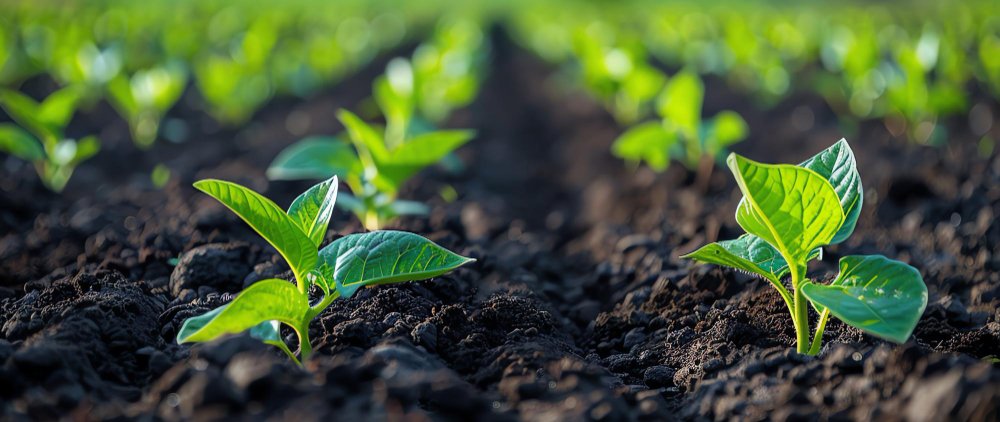Warning: foreach() argument must be of type array|object, bool given in /home/u780765189/domains/akshayseed.com/public_html/wp-content/themes/akshayseed/single.php on line 8
Organic vs Hybrid Seeds: What Should You Choose for Sustainable Farming?
In modern agriculture, choosing the right type of seed is one of the most important decisions a farmer makes. With growing awareness about sustainable farming, two major seed options dominate the discussion: organic seeds and hybrid seeds. Each has unique benefits, challenges, and impacts on crop yield and soil health. This article explores both seed types and helps farmers make an informed choice.
What Are Organic Seeds?
Organic seeds are produced from plants grown without the use of synthetic fertilizers, pesticides, or genetically modified organisms (GMOs).
They are naturally pollinated and follow traditional, chemical-free farming practices.
Benefits:
Promote biodiversity
More resilient to local soil and climate
Better taste and nutrition
Limitations:
Lower yield compared to hybrids
Vulnerable to pests and diseases without protection
Example: Organic paddy, wheat, and pulses are grown using natural fertilizers like compost and cow dung.
What Are Hybrid Seeds?
Hybrid seeds are developed by cross-breeding two different plant varieties to enhance desired traits like yield, size, or disease resistance.
These are scientifically engineered but not genetically modified (different from GMOs).
Benefits:
Higher crop yield
Better uniformity in size, color, and growth
Strong resistance against common pests and diseases
Limitations:
Cannot be reused; farmers must purchase new seeds each season
Require more chemical inputs (fertilizers and pesticides)
Higher cost compared to organic seeds
Example: Hybrid maize, tomato, and cotton seeds that are widely used in commercial farming.
Which Is Better for Sustainable Farming?
Organic Seeds are ideal for farmers focusing on long-term soil health, biodiversity, and producing chemical-free food. They align well with the principles of sustainable and regenerative agriculture.
Hybrid Seeds, on the other hand, are suitable for farmers aiming for higher productivity and commercial profitability, especially in areas with high food demand.
Conclusion
When it comes to organic vs hybrid seeds, there is no one-size-fits-all solution. If your priority is sustainability, eco-friendly farming, and long-term soil health, organic seeds are the right choice. But if your focus is on higher productivity and short-term profits, hybrid seeds can be beneficial. The future of farming lies in finding the right balance that benefits both farmers and the environment.


